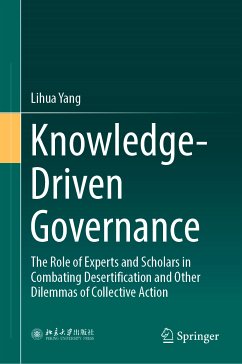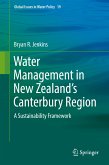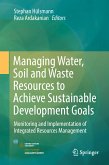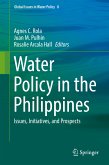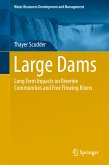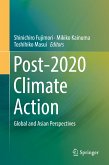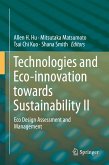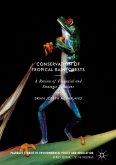This book explores a new model for addressing the central issue of environmental and other collective actions. An alternative to the classical models: central authority, privatization, and self-governance, it has provisionally been named "expert and scholar-based-" or "knowledge-driven governance". The book also identifies seven working rules (or design principles) for successful knowledge-driven governance, and argues that the more strictly these rules are abided by, the more successful this model of governance becomes. Lastly, it demonstrates that in addition to Lindblom's observed intellectually guided society and preference-guided/volition-guided society, there may be the possibility of a knowledge-driven society in which knowledge or intellect plays a greater role. The results obtained are supplemented by numerical calculations, presented as tables and figures.
This book is intended for graduate students, lecturers and researchers working in environmental management, environmental science and engineering, sustainable development, collective action, and public administration.
Dieser Download kann aus rechtlichen Gründen nur mit Rechnungsadresse in A, B, BG, CY, CZ, D, DK, EW, E, FIN, F, GR, HR, H, IRL, I, LT, L, LR, M, NL, PL, P, R, S, SLO, SK ausgeliefert werden.

